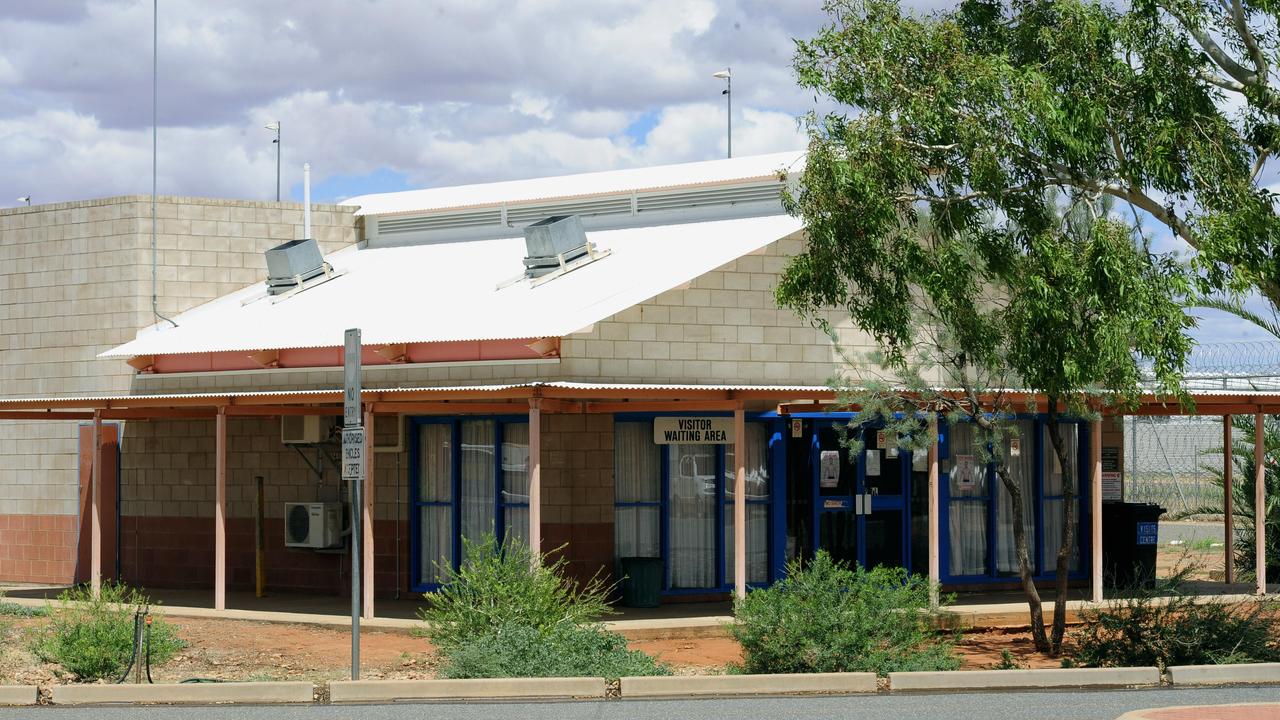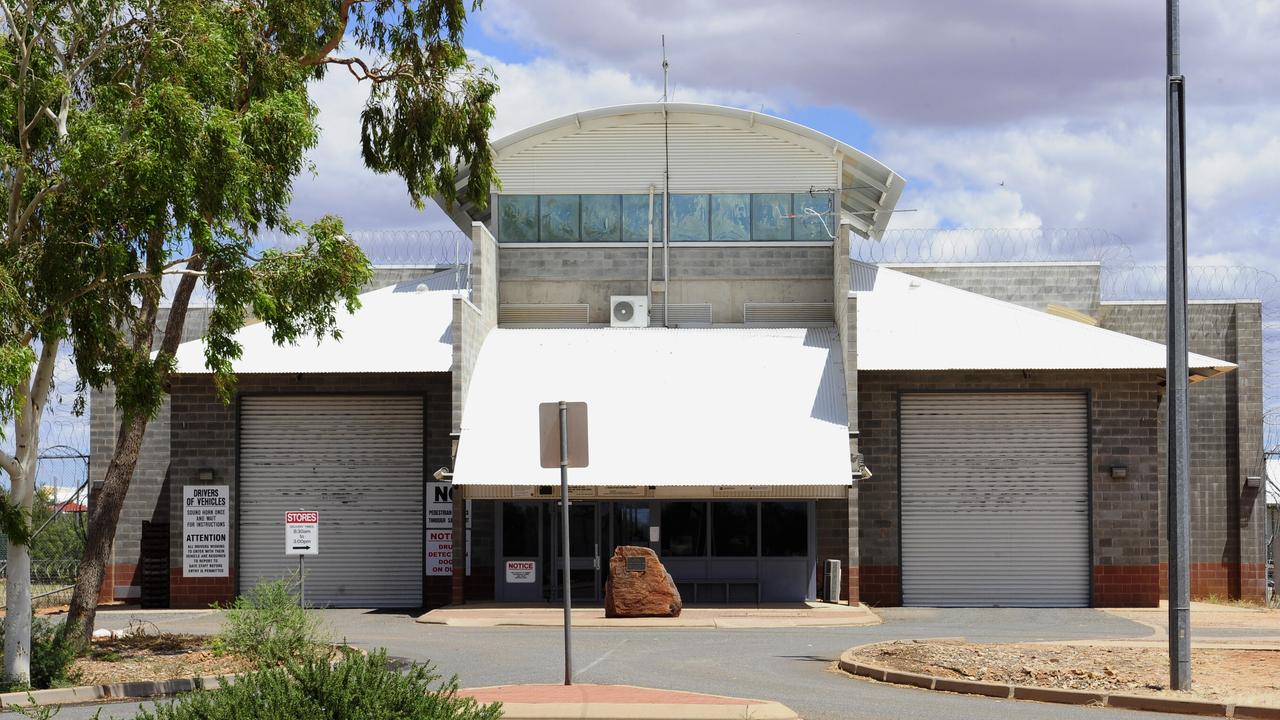Alice Springs prison to consider airconditioning systems in line with watchdog’s recommendations
Critics have long warned heat stress in a desert prison could lead to riots and deaths in custody. Now the Territory government is looking at how to avoid another potential death in custody.

Territory prisoners sweltering in 40 degree cells could soon feel relief from the stifling heat with the government considering airconditioning in line with a watchdog’s recommendation.
Attorney-General Chansey Paech confirmed the government was assessing new cooling and heat mitigation strategies at the Alice Springs Correctional Centre.
“Work is being undertaken at the moment,” he told budget estimates hearings.
“Assessments are being carried out in the Alice Springs Correctional Centre on cooling strategies that can be adopted.
“One of those recommendations may very well be airconditioning.”

It comes a year after Mr Paech said there was no funding allocation for the installation of airconditioning in the 2022-23 budget.
NT Ombudsman Peter Shoyer previously recommended airconditioning be installed in the desert prison, following years of complaints from prisoners.
In his 2021-22 annual report, Mr Shoyer said unlike other Alice Springs residents, prisoners had no way to escape the heat which could reach 42 degrees in summer — with extreme heat likely to worsen due to climate change.
“Prisoners are highly restricted in their movements and the steps they can take to stay cool,” Mr Shoyer said.
“They are often confined for much of the day and night, with other prisoners, in a small cell, with limited air flow.”
While recently installed shade cloths and new external dormitory doors provided some relief, Mr Shoyer said “inmates and staff will continue to deal with heat stress on a regular basis until more significant heat reduction measures are taken”.
“Prisoners who are hot, tired and aggravated from sleepless nights brought on by extreme heat are not so easily amenable to compliance and more prone to outbursts.”

Jesuit Social Services, who published a report into prison conditions under climate change in 2021, called on the government to commit immediately to air-conditioning the desert prison.
“Airconditioning (will) ease the impacts of stifling and aggravating heat, which are only worsening with the increasing impacts of climate change, and which disproportionately harm marginalised people,” chief executive Julie Edwards said.
Ms Edwards said Australia had to reduce its reliance on prisons and start using them as a last resort measure, while addressing the root causes of crime.

“We must treat people humanly and adequate temperatures give people in prison the best chance possible to rehabilitate, reorient their behaviour and heal.”
Heatwaves have been linked to increases in symptoms of depression and anxiety, while some psychiatric medications can have a reduced impact in the heat, or worsen the risk of heat-related illnesses.
During the summer of 2018, prisoners were tear gassed after a riot broke out at the facility with the disturbance believed to have been sparked by scorching Central Australian temperatures.
A report into the 2020 Holtze Prison riot, obtained through a freedom of information request, also outlined how “a small incident for individual prisoner feelings of frustration or sense of injustice … morph(ed) into collective disobedience or a riot”.
In December, National Centre for Epidemiology and Population Health public health physician Simon Quilty warned overcrowding and heat stress was putting human lives at risk.
Dr Quilty said when threshold temperatures reached 41 degrees there was a real risk of death inside the poorly ventilated, overcrowded, brick cells.
He said the government could be “complicit” in another death in custody from their inaction.
“It’s exactly the same as if a prison was being flooded and people were going to drown in their cells,” he said.
Previous Ombudsman reports have also raised prisoner complaints about the lack of airconditioning in Darwin, and heating in Alice Springs with winter temperatures dropping below -3C.





